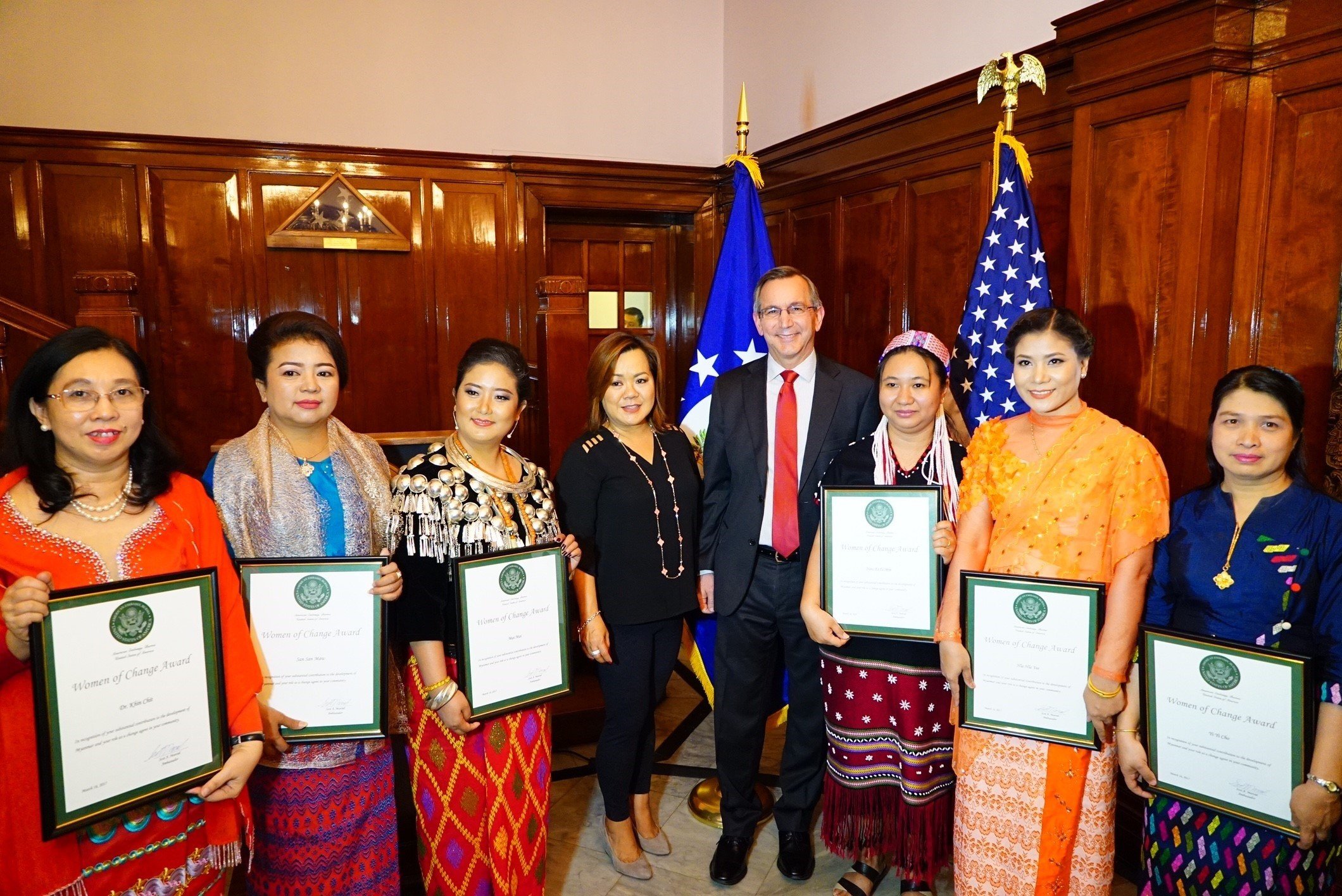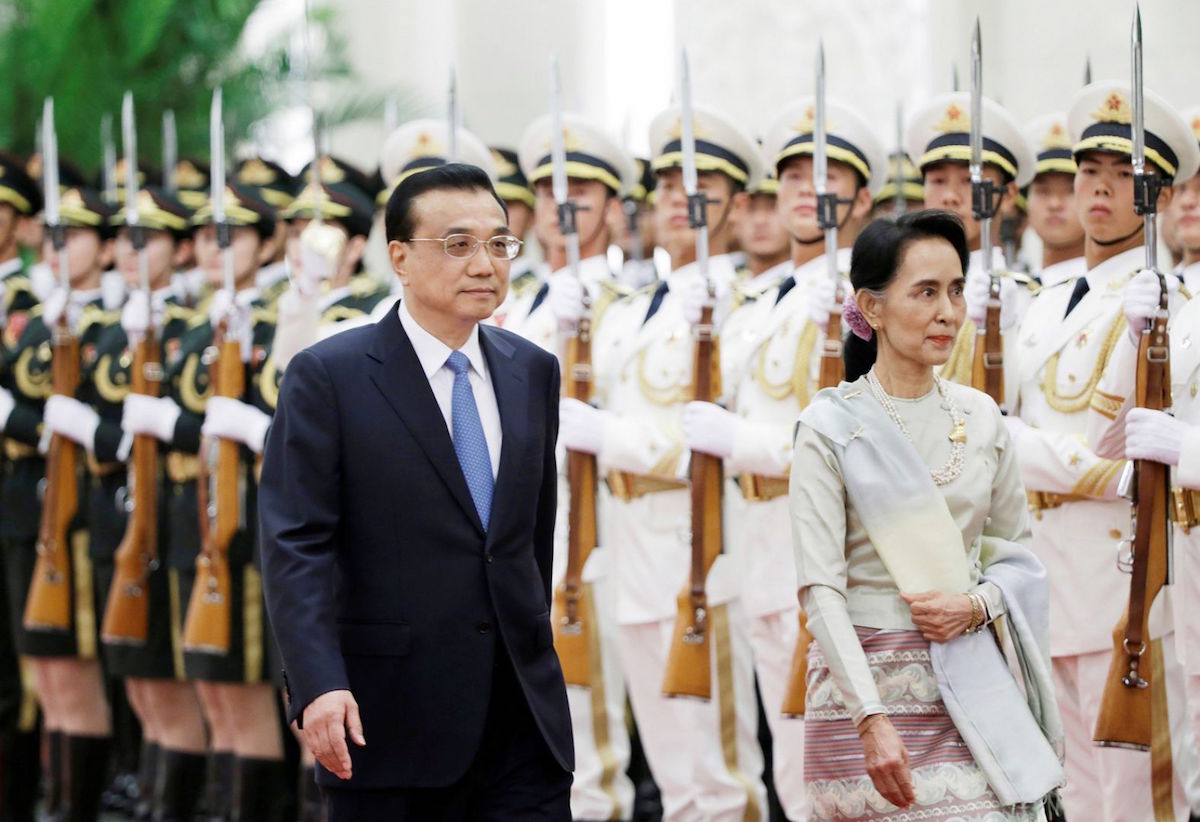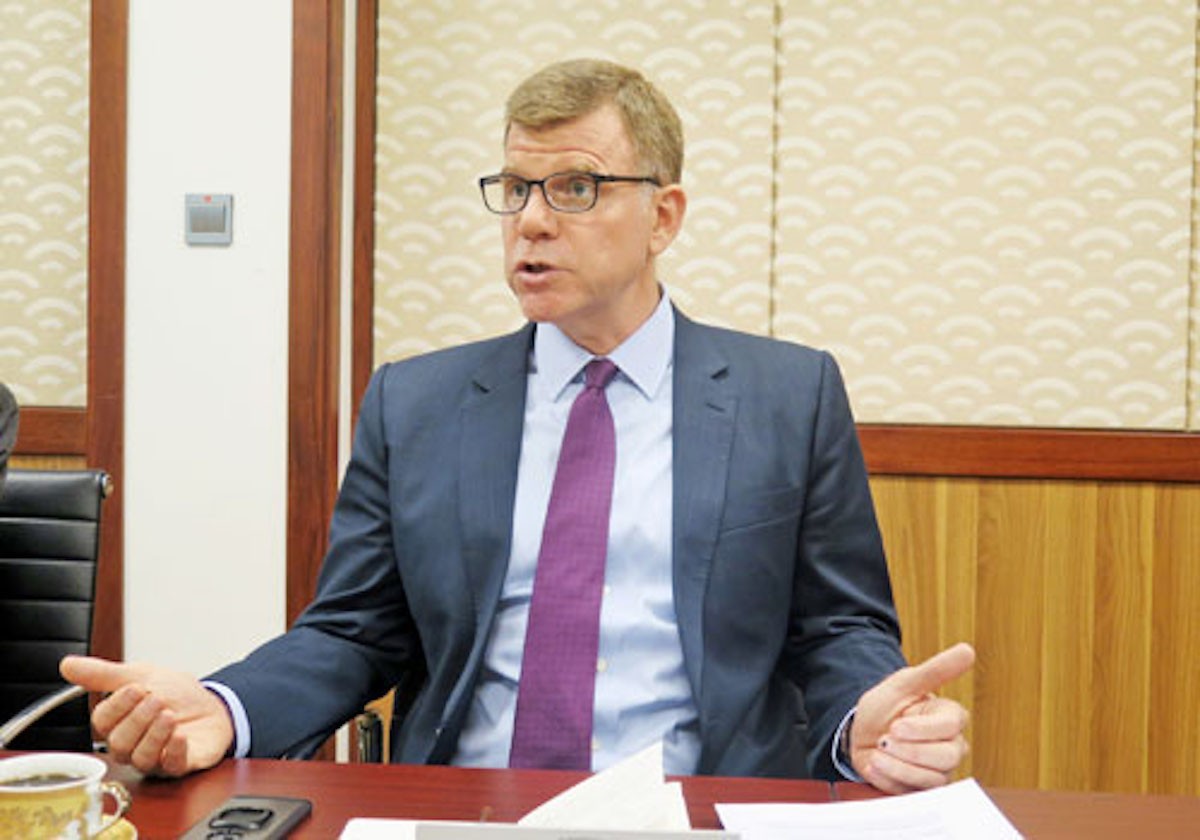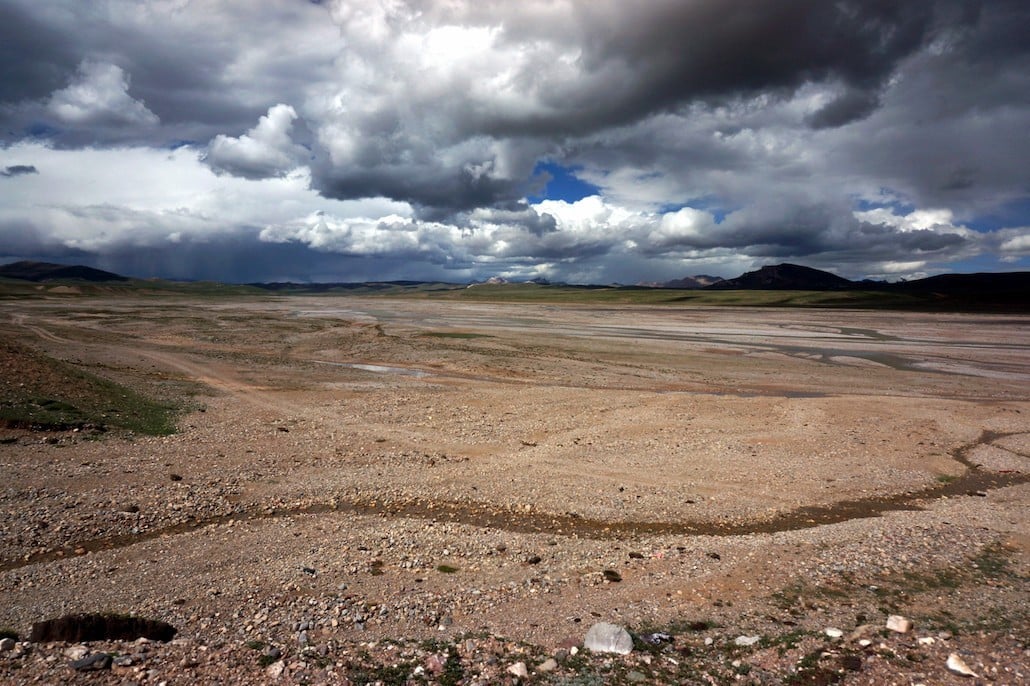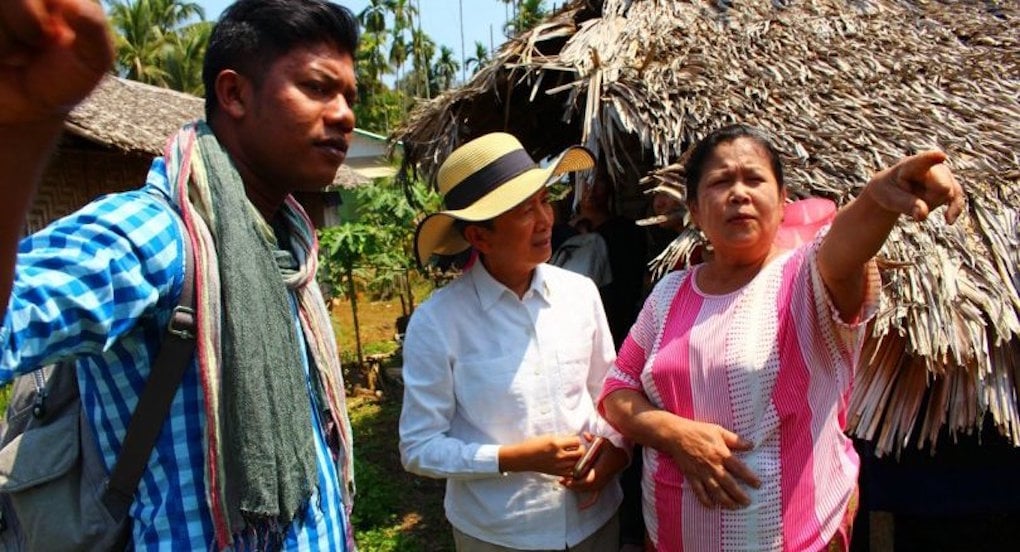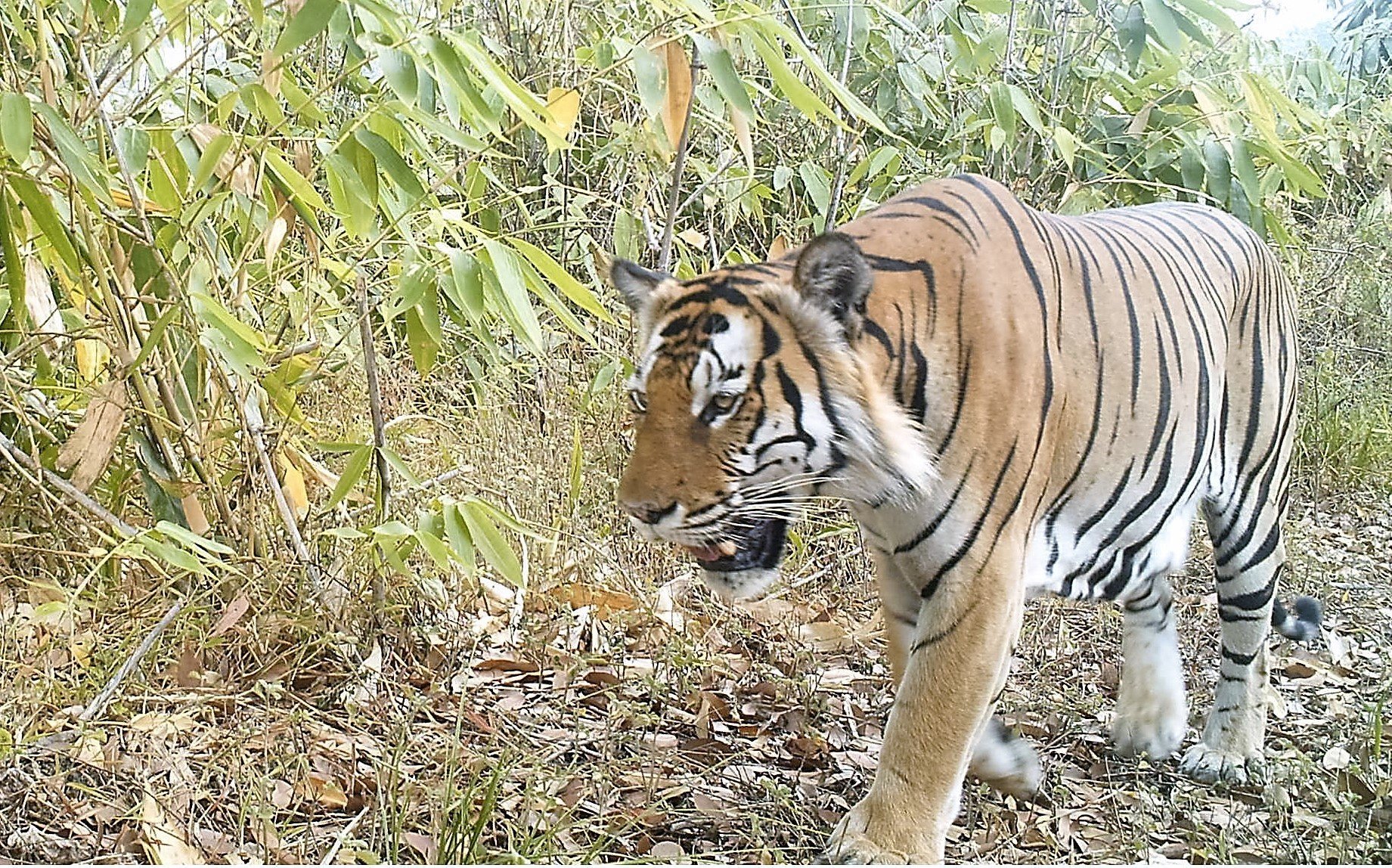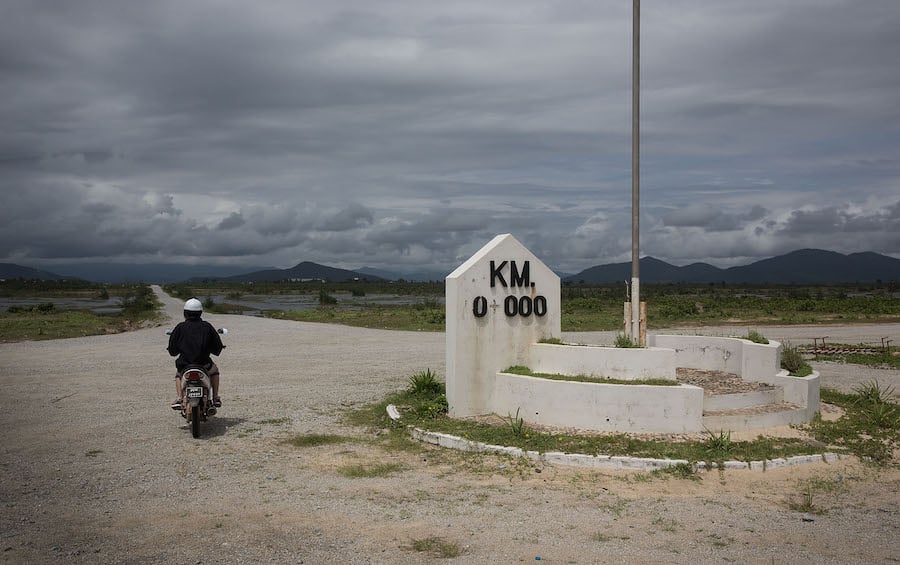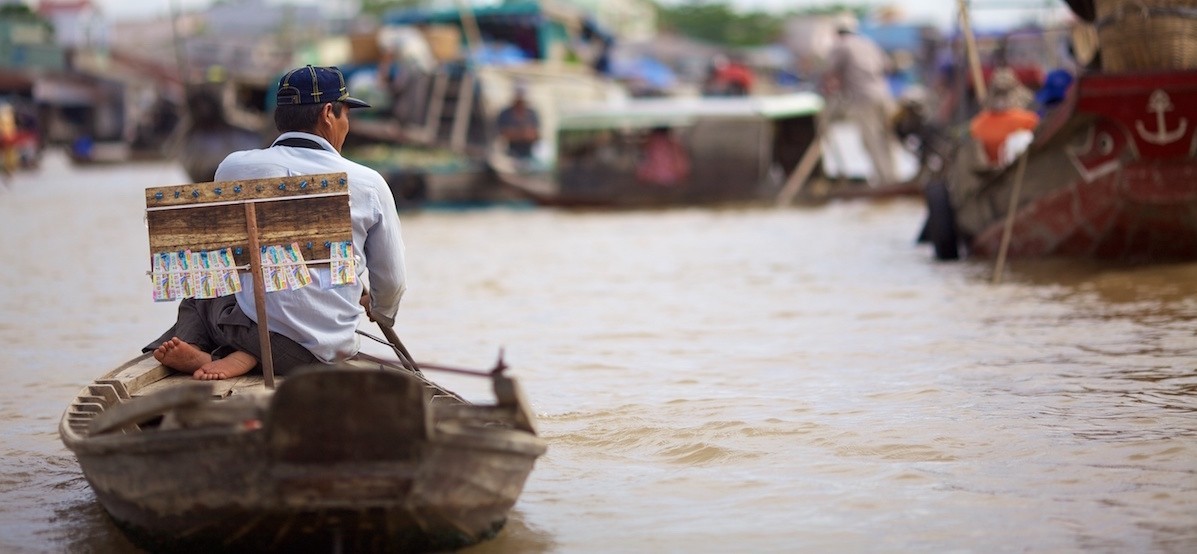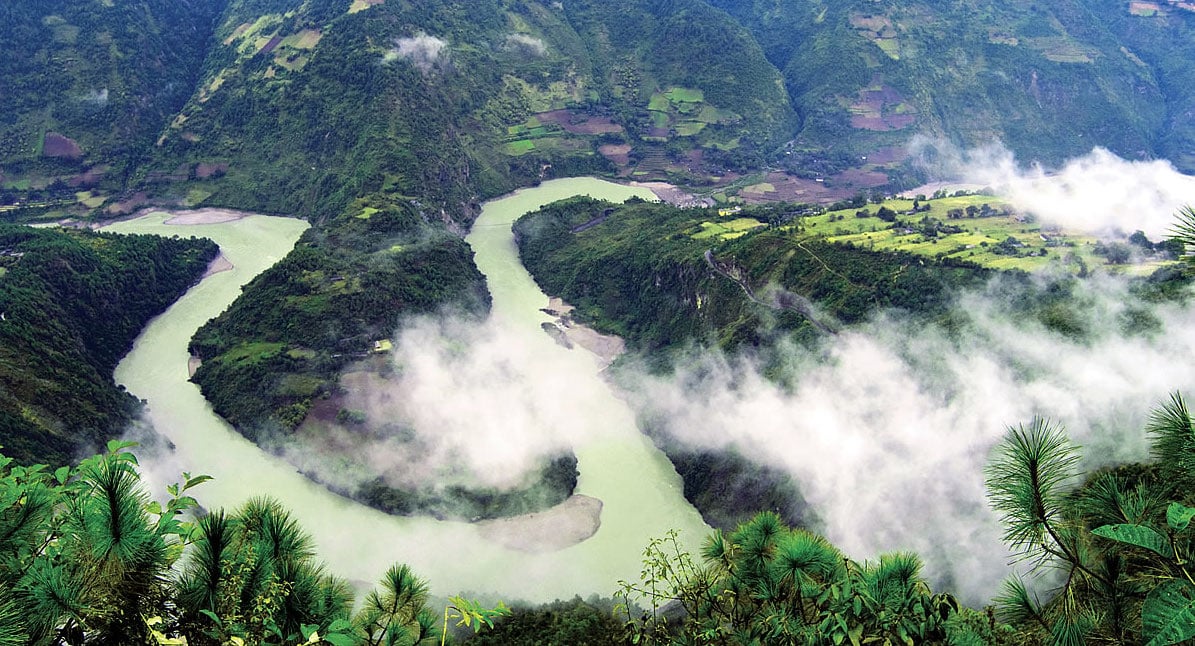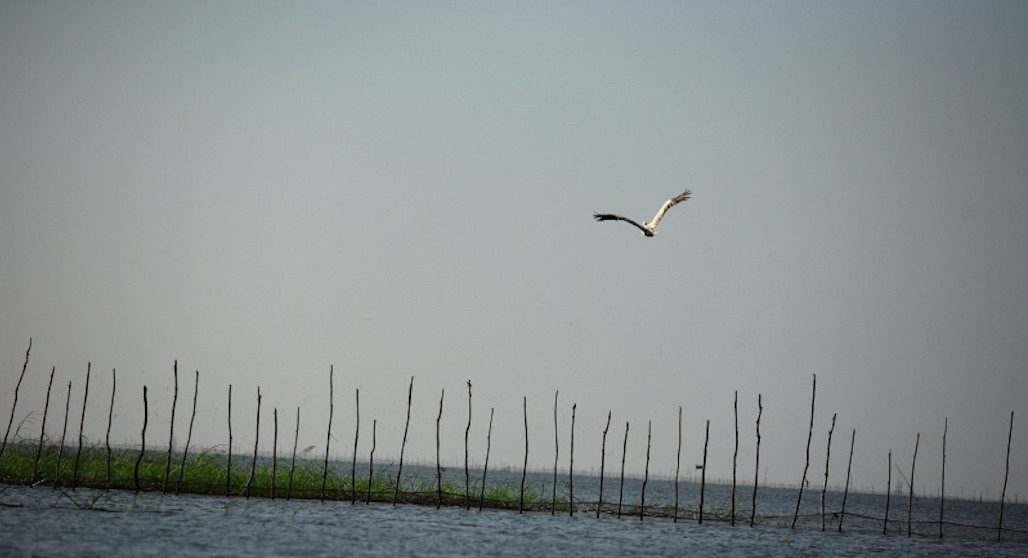Two members of the Regional Technical Working Group on EIA were selected to receive Women of Change Award by the U.S. Embassy in Burma, intended to recognize outstanding women in Myanmar who have made significant impacts and lasting contributions to their communities.
Category: Myanmar
The Myanmar-China dilemma
Myanmar is sandwiched between two very large neighbours – China and India. Relations with China are not currently cordial, especially among the Myanmar people, who retain memories of numerous undue political and economic interactions and incidents.
Implementation is key: ADB Vice President
Myanmar has tremendous potential for development and the government is on the right track. These are the comments of Stephen Groff, Asian Development Bank’s vice president for East Asia, Southeast Asia and the Pacific.
Source of Mekong, Yellow and Yangtze rivers drying up
National park could help save the headwaters of the Tibetan plateau that are evaporating because of climate change, says Chinese geologist Yang Yong
Communities demand transparency and participation in Dawei SEZ
Following their visit to Dawei, the National Human Rights Commission of Thailand (NHRC) will is invite members from Thai companies – Myanmar Pongpipat company and Italian-Thai Development company – to discuss the community’s recommendations.
World Wildlife Day 2017: Survey of Myanmar finds Southeast Asia’s last great wilderness
Surveys in Myanmar found at least 31 mammals including tigers, leopards and Asian Elephants. 17 of the 31 are categorised as Near Threatened, Vulnerable or Endangered
Law needed to regulate Thai investors’ abuses abroad: Thai, Myanmar groups
COMMUNITY groups in Thailand and Myanmar have urged protection of human rights and prevention of environmental impacts – after Thai entrepreneurs were reported to have carried out abusive and environmentally damaging acts in neighbouring countries.
Survey reveals drastic decline of waterbirds in Irrawaddy River
Over the last 14 years, waterbirds in Myanmar’s Irrawddy River declined by 60% to 90% depending on the species. Scientists working for Fauna & Flora International (FFI) and Manfred Hermsen Foundation have repeated an ornithology survey of the Irrawaddy River.
Will Hydropower Turn the Tide on the Salween River?
Will efforts to sustainably steward the Salween, Asia’s last free flowing, international river, parallel those launched a half-century ago and half a world away?
The Bird’s Eye View: What Endangered Birds Tell Us About the Risks of Mekong Development
The Thai government started 2017 announcing another major commitment to transportation expansion: US$25 billion to finance futuristic high-speed trains, super highways and expanded sea and airports. Far less glitzy but immediately controversial, however, was one of its final transportation acts of 2016: preparing to restart, after 13 years, rapid blasting and river channelization to clear the Mekong River for navigation just below its arrival from Myanmar.


